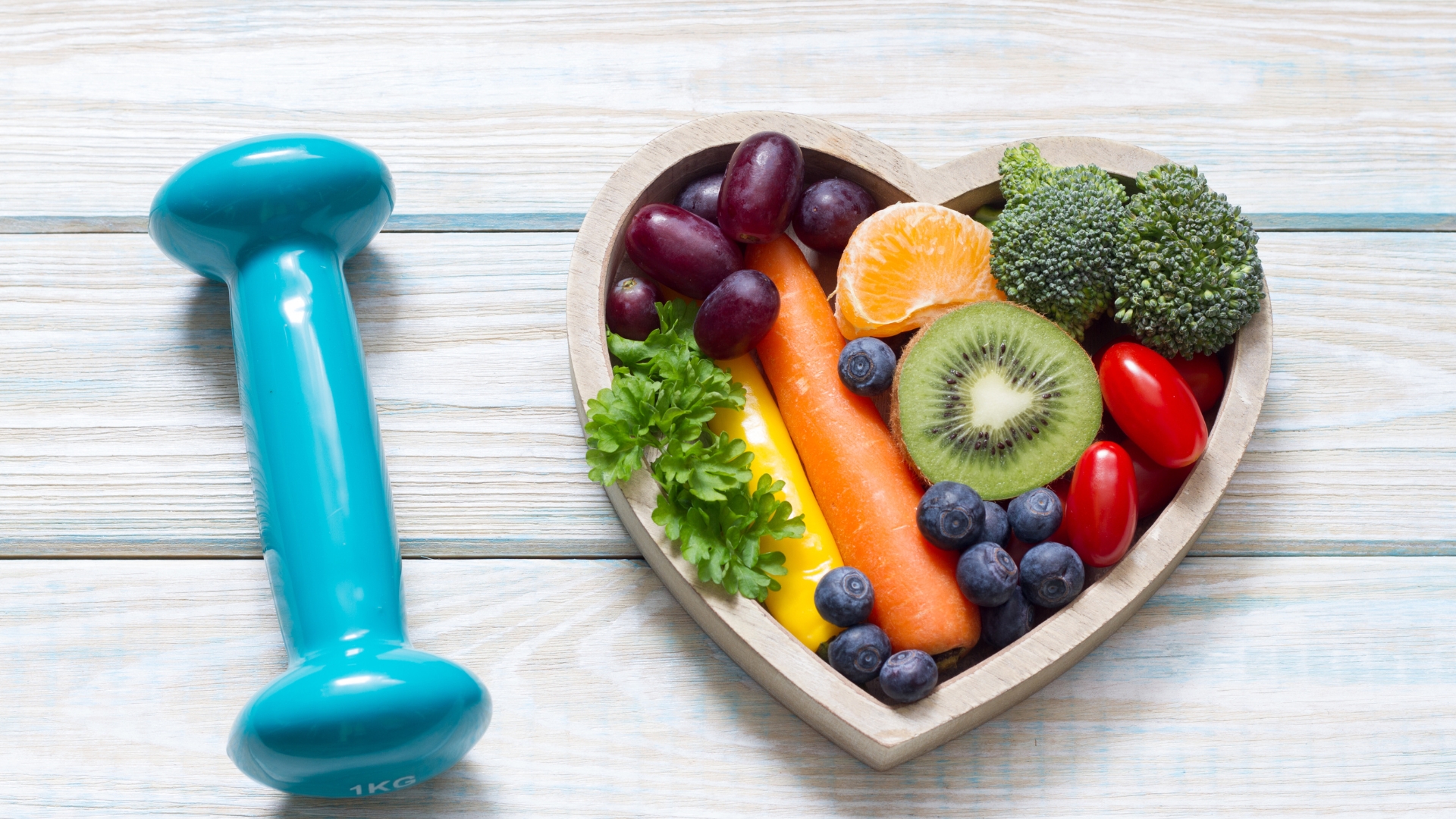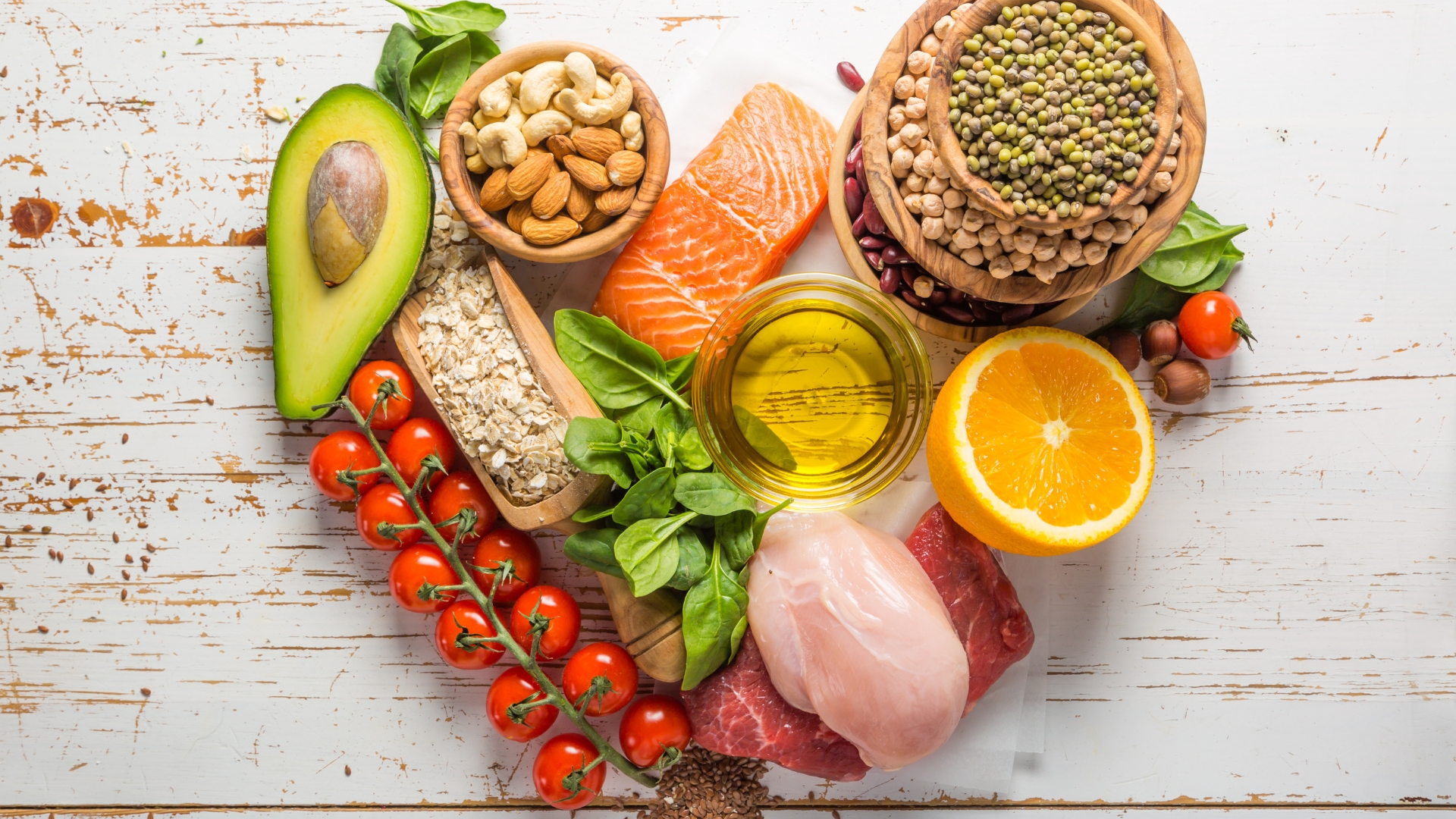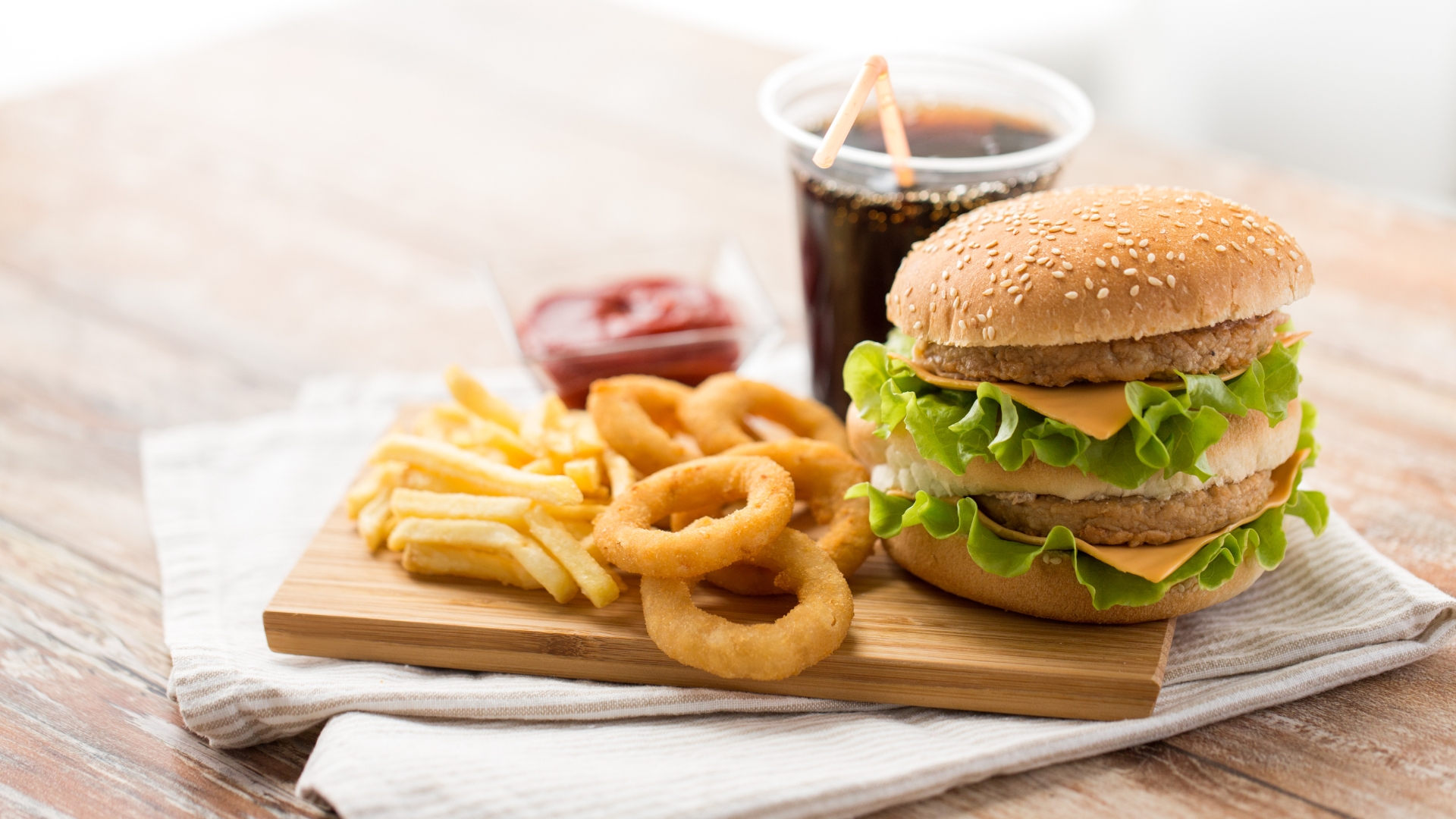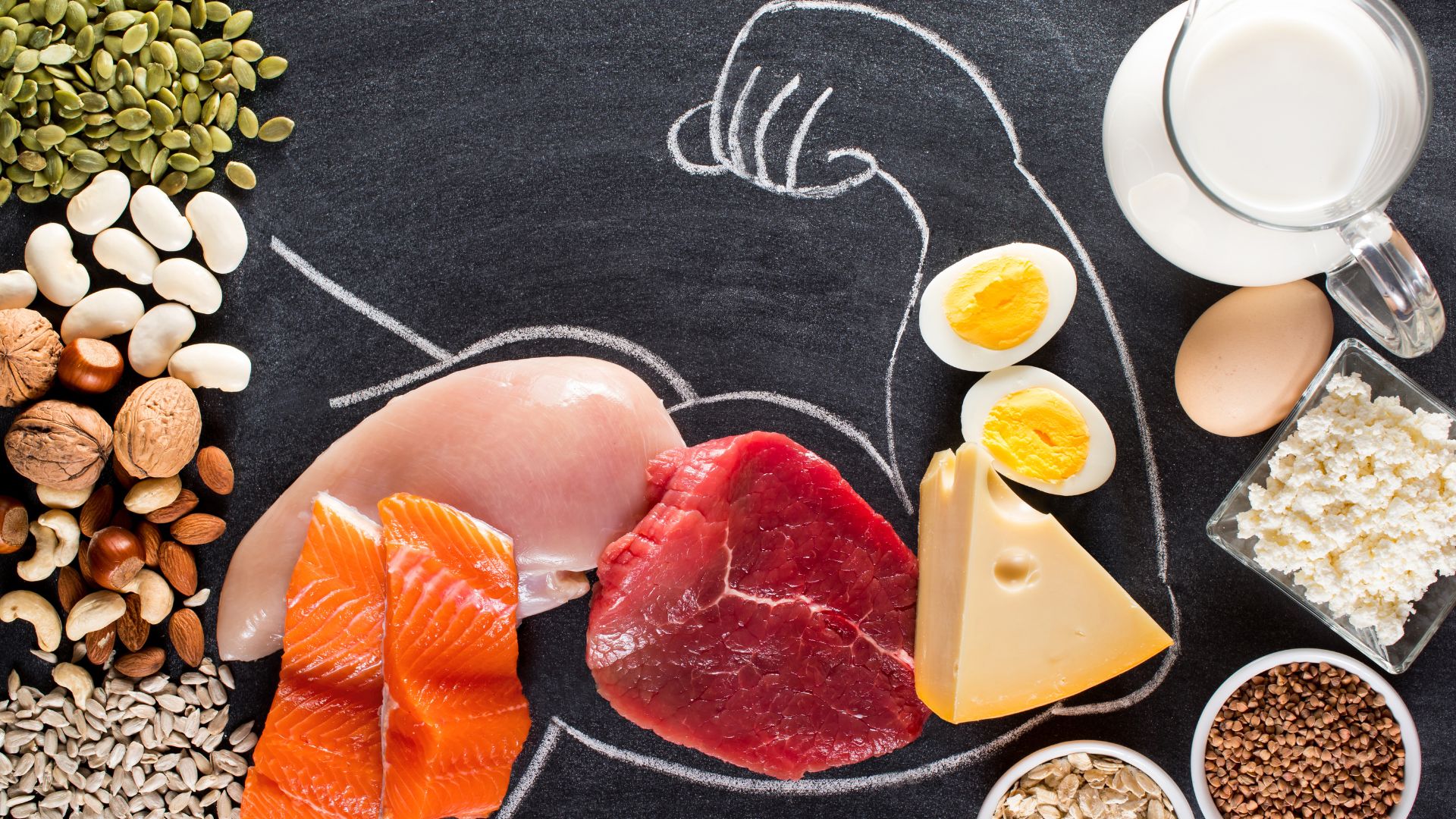Why Your Cholesterol is Rising – and What to Eat to Fix It

Have you recently had a blood test and noticed your cholesterol is creeping up? You’re not alone. Many people find their cholesterol levels increase as they get older — even if their diet or lifestyle hasn’t drastically changed. But why does this happen, and more importantly, what can you do about it?
Let’s break it down in simple terms and walk through the most effective food and lifestyle strategies to bring those numbers back into a healthy range.
Why Is Your Cholesterol Going Up?

Cholesterol naturally rises with age due to a mix of internal and external factors. Even if you’re eating relatively well, your body changes over time — and those changes can have a surprising effect on your cholesterol. But first, what is cholesterol? Cholesterol is a waxy substance found in your blood that your body needs to build healthy cells. However, too much cholesterol can cause problems. There are two types: LDL (low-density lipoprotein) is often called “bad” cholesterol because it can build up in your arteries, while HDL (high-density lipoprotein) is known as “good” cholesterol because it helps remove LDL from your bloodstream. As you age, your body’s ability to manage cholesterol can slow down, causing higher levels of the “bad” cholesterol. Here are the most common reasons why cholesterol may increase as you age:
Slower Metabolism
As we get older, our metabolism naturally slows down. That means your body may not process and clear fats from the bloodstream as efficiently as it used to. This can lead to an increase in LDL (“bad”) cholesterol, which is linked to plaque build-up in the arteries.
Hormonal Changes
Hormones like estrogen and testosterone play a role in cholesterol regulation. As these hormones decline with age — especially during menopause — LDL levels tend to rise, while HDL (“good”) cholesterol may decrease. This hormonal shift can make it harder to maintain the same healthy blood profile you had in your twenties or thirties.
Diet and Lifestyle Habits
Let’s be honest — life gets busy. We sometimes rely on convenient, processed foods, or don’t exercise as often. These patterns can lead to higher cholesterol, especially when paired with stress, poor sleep, or low physical activity. Even subtle shifts in daily habits over time can make a difference.
Genetics
If high cholesterol runs in your family, you might be more prone to it regardless of how healthy your lifestyle is. Genetic predisposition doesn’t mean you’re powerless, but it does mean that you need to be even more mindful of your choices.
5 Foods That Help Lower Cholesterol Naturally

The good news is, you can take control through what you eat. Making small, consistent changes to your diet can bring your cholesterol levels back into balance — naturally, and without feeling like you’re missing out.
-
Oats and Whole Grains
Oats are rich in soluble fiber, which binds to cholesterol and helps remove it from the body. Starting your day with a bowl of oats is a simple yet powerful way to support heart health.
Eat more: Oatsl, quinoa, barley, brown rice, whole wheat bread.
-
Healthy Fats (Yes, Fat Can Be Good)
Not all fats are created equal. Saturated fats (like those in fatty meats and butter) can raise LDL cholesterol, but unsaturated fats actually help reduce it. They also support brain function and reduce inflammation.
Eat more: Avocados, extra virgin olive oil, nuts (like almonds and walnuts), seeds (such as chia, flax, and sunflower).
-
Fatty Fish and Omega-3s
Omega-3 fatty acids are great for your heart. They help lower harmful fats in your blood, reduce inflammation, and increase the “good” cholesterol that helps clear out the “bad” cholesterol from your system
Eat more: Salmon, sardines, mackerel, trout, chia seeds, flaxseeds.
-
Fibre-Rich Vegetables and Legumes
Fibre isn’t just for digestion — it plays a key role in cholesterol management. Soluble fibre binds with cholesterol in the digestive system and helps flush it out of the body before it can enter the bloodstream.
Eat more: Lentils, beans, chickpeas, spinach, kale, brussel sprouts, broccoli.
-
Fruits High in Antioxidants and Fiber
Fruits not only provide fibre but also antioxidants that protect your blood vessels from damage. They also add natural sweetness to your diet without the need for processed sugar.
Eat more: Apples, berries (blueberries, strawberries, raspberries), oranges, bananas, grapes.
Foods to Limit (or Avoid)

To keep your cholesterol in check, it’s just as important to reduce the foods that contribute to high LDL and inflammation.
Processed and Fried Foods
These often contain trans fats, which not only raise LDL (bad) cholesterol but also lower HDL (good) cholesterol — a double whammy for heart health. Examples to limit or avoid:
- Packaged baked goods like donuts, cookies, pastries, and cakes
- Fried fast food such as fried chicken, French fries, and onion rings
- Potato chips and other deep-fried snacks
- Crackers and snack bars with “partially hydrogenated oils” in the ingredients
Sugary Snacks and Soft Drinks
Consuming excess sugar — especially in the form of sugary drinks and snacks — can raise triglyceride levels (a type of fat in the blood) and promote fat storage in the body. This is particularly true for the liver, where it can contribute to fatty liver disease over time.
Fatty Meats
Avoid eating too much meat like bacon and processed deli meats (salami, pepperoni) as they can raise LDL cholesterol. Opt for lean proteins more often like chicken breast and fish.
Alcohol
Drinking too much alcohol can raise your bad cholesterol and harm your liver, which can make it harder for your body to manage fat and cholesterol properly.
Other Lifestyle Tips for Healthy Cholesterol

Your diet is a powerful tool, but lifestyle habits matter too. These daily choices can have a major impact on your cholesterol and overall cardiovascular health:
Exercise Regularly
Aim for at least 150 minutes of moderate exercise per week. Even brisk walking, cycling, or swimming can improve HDL cholesterol and help your body process fats more efficiently.
Reduce Stress
Chronic stress can increase cholesterol and blood pressure. Deep breathing, nature walks, and mindfulness exercises can help regulate stress hormones.
Stay Hydrated
Drinking enough water supports digestion, keeps everything functioning and helps your body clear out waste.
Get Enough Sleep
Poor sleep is linked to higher cholesterol and weight gain. Aim for 7 to 9 hours per night to keep your metabolism and hormones balanced.
Final Thoughts

If your cholesterol has been rising, don’t panic — and don’t assume that medication is your only option. For many people, a few intentional changes in the kitchen and in daily habits can make a significant difference. Always be guided by the advice your doctor gives you.
Simple lifestyle changes can help a lot. Start by adding more fibre, healthy fats, and plant-based foods to your meals. Reduce the processed and sugary options where you can. Focus on movement, sleep, hydration, and stress management. Over time, these small shifts can support a healthier heart, better energy, and improved long-term wellbeing.
And remember — your health isn’t just about one number on a blood test. It’s about the consistent patterns you follow every day. Take control of those, and your body will thank you.
Resources:
https://www.nhlbi.nih.gov/health/blood-cholesterol/causes
https://www.heartfoundation.org.au/your-heart/high-blood-cholesterol




